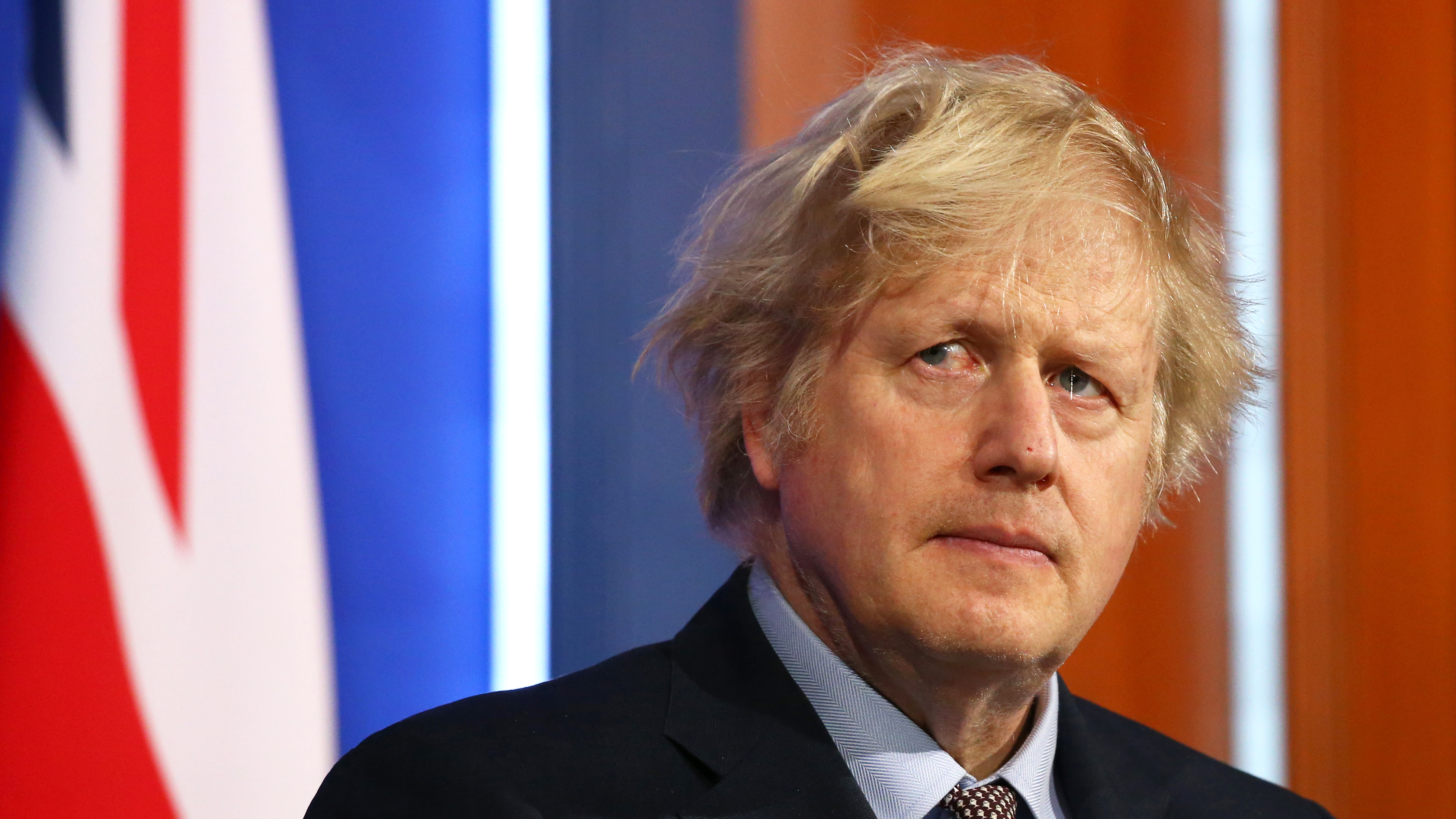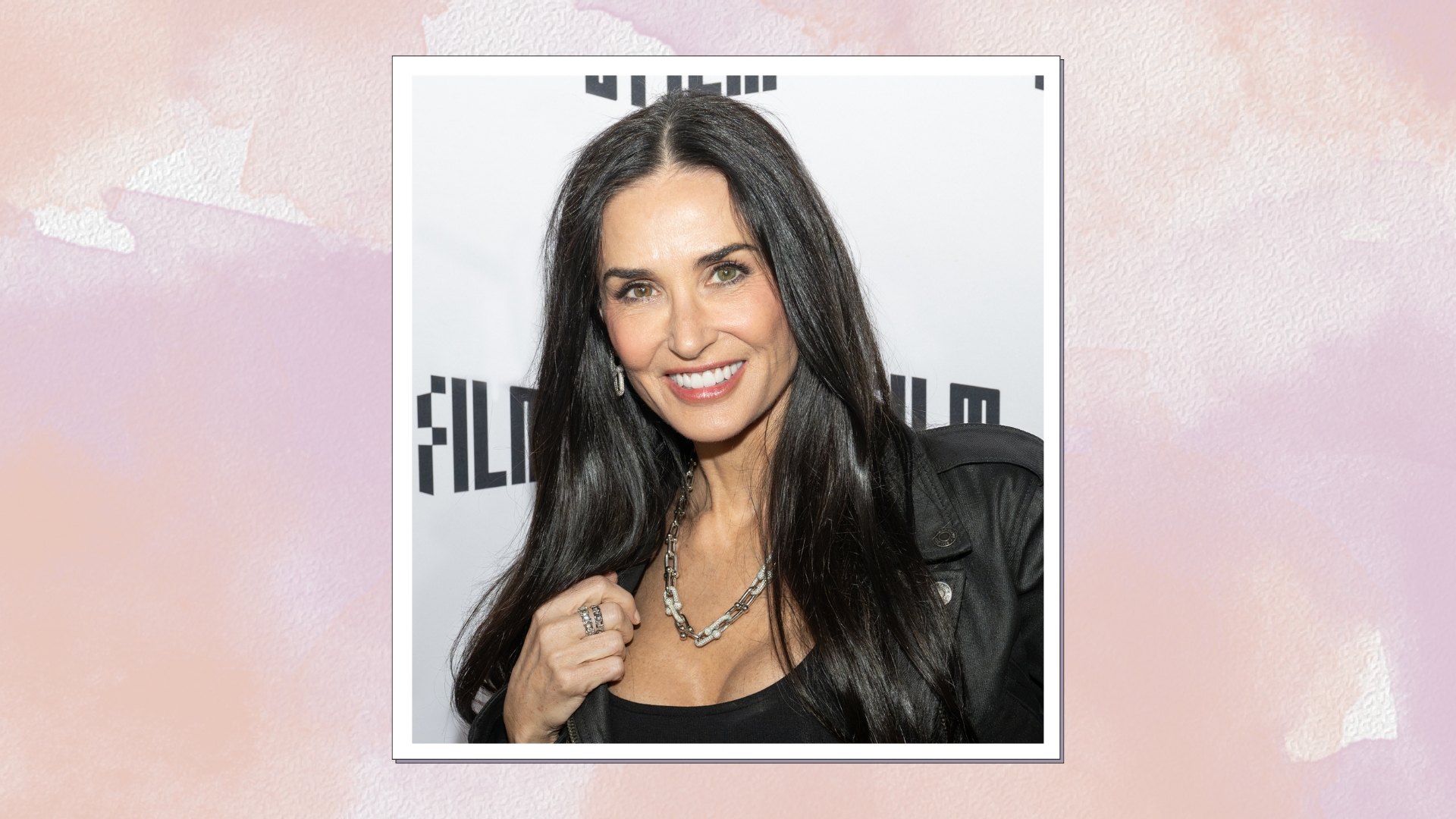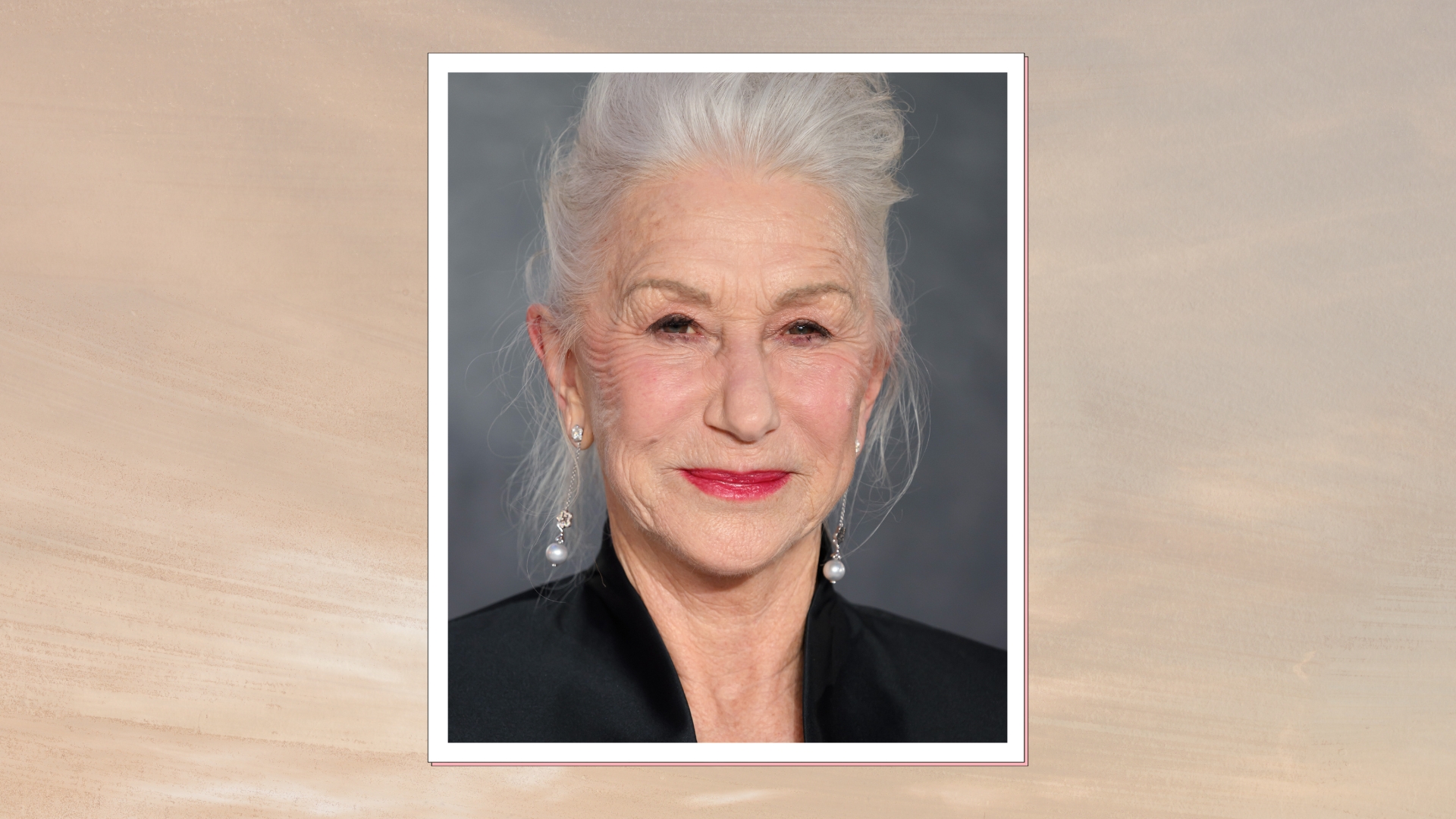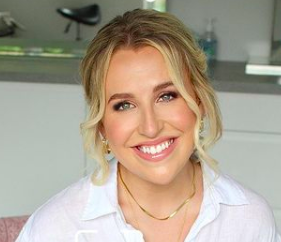'Freedom Day': Boris Johnson confirms restrictions will lift on July 19
The Prime Minister has warned we should still "proceed with caution"

Boris Johnson has confirmed the country will progress to the final stage of the roadmap out of lockdown on July 19—dubbed 'Freedom Day'.
The Prime Minister addressed the nation in a press conference on Monday night and confirmed his plans to ease almost all of the COVID-19 rules.
Masks will no longer be required by law, but will be advised in places like shops and public transport. While you should "continue to consider the risks of close contact," social distancing will no longer be enforced.
While Boris has given Freedom Day the green light, he said we must "proceed with caution" during this next stage of lockdown easing.
"We think now is the right time to proceed. If we were to delay this fourth step, to September or later, then we would be reopening as the weather gets colder and when the virus has a greater natural advantage. But it is absolutely vital now that we proceed with caution," Boris explained.
"By next Monday, two thirds of adults would have received a second dose and every adult would have been offered a first dose. It is the single most crucial thing now that you get that jab. A jab that can protect you, your family and allow you to go on holiday."
What restrictions will change on July 19?
1. Social restrictions: All remaining limits on social gatherings, including the rule of six will be scrapped. There will be no limit on the number of people that can gather both indoors and outdoors.
Sign up for the woman&home newsletter
Sign up to our free daily email for the latest royal and entertainment news, interesting opinion, expert advice on styling and beauty trends, and no-nonsense guides to the health and wellness questions you want answered.
2. Venues to re-open: All venues that have remained closed throughout the pandemic due to a lack of outdoor space will be able to re-open. This includes nightclubs.
3. Large events: Large-scale events such as music concerts and festivals can go ahead without any limits on numbers or any social distancing requirements.
4. Milestone events: All restrictions on weddings, funerals and bar/bat mitzvahs will be lifted, meaning there will be no limit on the number of guests and singing and dancing will be allowed again.
5. Masks: Face coverings will no longer be a legal requirement in public places, although it is advised that you do.
6. Social distancing: There will be no legal requirement to socially distance in most settings. You should still "consider the risks of close contact with others".
7. Work from home: The government will no longer instruct businesses to encourage employees to work from home. But businesses still won't be allowed to require a self-isolating employee to come to work.
8. Care home visitors: No limits on how many visitors a care home resident is allowed.
More from woman&home:
• COVID vaccines and pregnancy, fertility and periods—we look into the myths and side effects
• COVID-19 vaccines—how effective are they?
• Stay cautious and look fab in the best reusable face masks
Despite the somewhat positive news, Boris warned the pandemic is far from over.
"This pandemic is not over. This disease, coronavirus, continues to carry risks for you and your family. We cannot simply revert instantly, from Monday 19 July, to life as it was before COVID."
Last week, the UK recorded 35,707 new infections, the highest number of daily cases since the end of January.
A further 34 deaths were also recorded, confirming what Boris himself said when he revealed the pandemic is "far from over".
Some experts have suggested lifting lockdown too soon is a risky strategy.
Professor Helen Stokes-Lampard, chair of the Academy of Medical Royal Colleges, said she is "profoundly concerned" about the upcoming stage and warned "things will get worse before they get better."
A statement from the Academy on Friday stated, “There seems to be a misapprehension that life will return to normal, and that we can throw away all the precautions, and frankly, that would be dangerous.”
The decision whether or not to move to step 4 was based on four tests—how successfully the various vaccines have been rolled out, evidence that the vaccine is efficiently reducing hospital admissions and deaths, that any surge in COVID-19 infection rates don't threaten to overwhelm the NHS, and that no new variants crop up.
Ahead of the press conference on Monday, the Prime Minister said "caution is absolutely vital" if the country is to remain out of lockdown.
The PM said, “We are tantalisingly close to the final milestone in our road map out of lockdown, but the plan to restore our freedoms must come with a warning.
“While the phenomenal vaccine rollout has offered every adult some protection against the virus, and the crucial link between cases, hospitalisations and deaths is weakened, the global pandemic is not over yet.
“Cases will rise as we unlock, so as we confirm our plans today, our message will be clear. Caution is absolutely vital, and we must all take responsibility so we don’t undo our progress, ensuring we continue to protect our NHS.”
Georgia writes across woman&home and Good to Know and specialises in all things royal. Previously labelled the "Queen of the royals," Georgia knows the who's who and what's what when it comes to the monarchy. When she's not eagerly following the royal family, Georgia enjoys shopping and self-care. She lives with this motto in mind; "if your dreams don't scare you, they aren't big enough."
-
 Considering a summer hair refresh? Demi Moore’s chic bob transformation is all the inspiration you need to book that salon appointment
Considering a summer hair refresh? Demi Moore’s chic bob transformation is all the inspiration you need to book that salon appointmentChop, chop, it's time to take a trip to the salon
By Sennen Prickett
-
 Helen Mirren just embraced Cartier's signature colour on her lips - and this easy trick will make it less intimidating to replicate
Helen Mirren just embraced Cartier's signature colour on her lips - and this easy trick will make it less intimidating to replicateWhen in doubt, do as Helen Mirren does and steer clear of matte formulas...
By Naomi Jamieson

